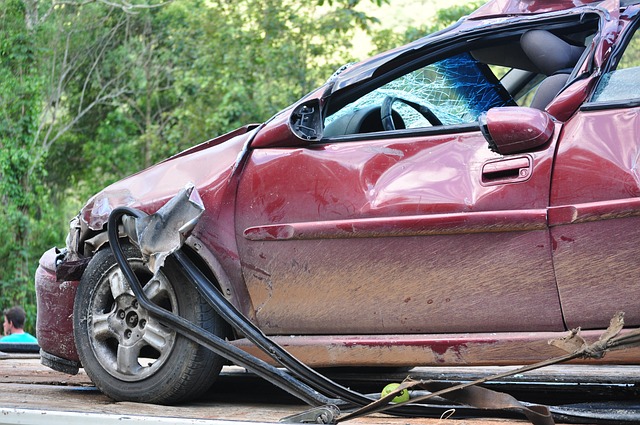A space colony could be a breeding ground for mental illness from the implications of isolation and constant surveillance at the same time.
Putting people on Mars has been the dream of NASA and other political and space organizations alike. The current goal for NASA is to do this by 2022 with the launch of Mars One. The journey for the first 4 passengers of the mars crew one will take 7 months and, once they arrive on the red planet, it is only survival from there until the end of their days. Meanwhile, the rest of earth watches it play out on broadcast TV.
The crew will encounter more than just a dust-ridden icy cold planet. They are likely to suffer mental instability from lack of social contact with others outside of the team they came with. Isolation can be a tricky thing to cope with. You don’t necessarily need to be void of all contact with people, but just loved ones and friends missing from your life can take a toll on the stability of your mental well-being. As well, the constant surveillance of their lives there will play out in the form of reality television here on earth, the acknowledgment of being watched can in some cases bring out paranoia and affect how one would go about a routine task. Loss of privacy is a serious thing. Not to mention the confinement of small living quarters, the whole experience of traveling away from Earth and living on the new world in the name of science may just in fact feel like prison.
It may be advisable that the crew include psychotherapists to accommodate them on the Mars One mission so that the mental health is ensured for our astronauts. Otherwise the manned mission in 2030 could be named Mars Rescue instead.






